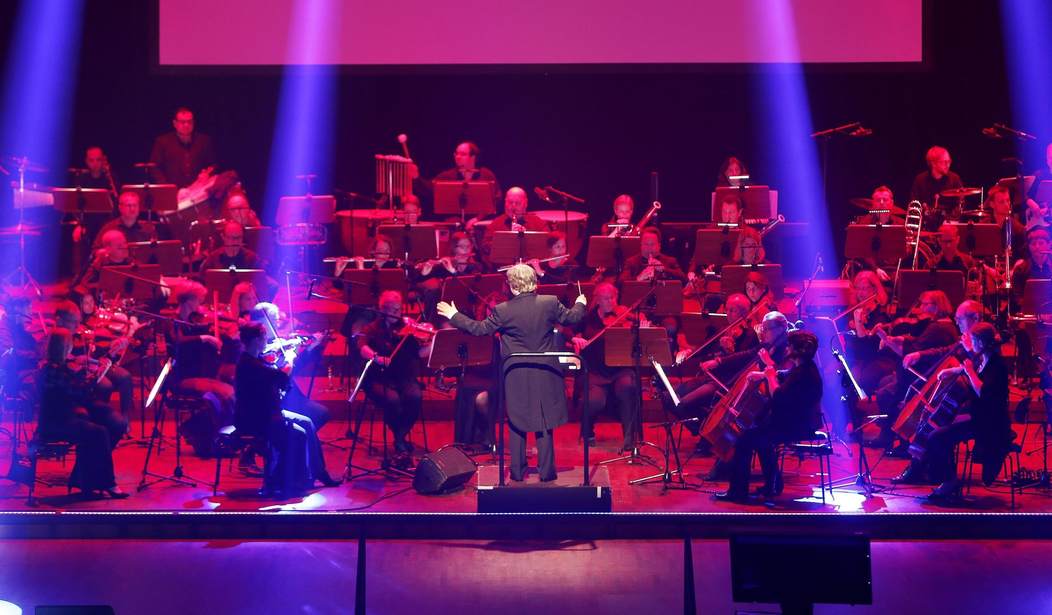Handel’s Messiah, now as much a part of Christmas as mince pies and mistletoe, is one of the world’s greatest expressions of the Christian faith in music.
Its composer, George Frideric Handel, was born in 1685 in what is now Germany. Although his family discouraged him from a musical career, his astonishing natural talent proved unstoppable. Acquiring a wide range of skills, the young Handel found himself in Italy, where he began writing operas.
In 1712, Handel moved to London where many were fond of Italian opera and Handel could find a market for his talent. For nearly a quarter of a century, he composed a string of popular operas. Simultaneously, Handel became a composer for the Royal Court and when Britain acquired a German-speaking monarch, George I, Handel was the right man in the right place. He was naturalized as a British citizen in 1727 and immediately found himself writing music for the crowning of George II. These four Coronation Anthems – the most famous of which is Zadok the Priest – were so successful that they have been sung at every coronation since. There is a story that when a well-meaning bishop offered to help Handel find the words for the anthems, the composer responded, "I have read my Bible very well and I will choose for myself."
In the 1730s, opera started to become less popular in Britain. Handel, in financial trouble, was sent a manuscript by the writer Charles Jennens entitled Messiah. It was a skillfully put together sequence of Bible passages which told the entire story of salvation from the fall of humanity, through Jesus the suffering Messiah, to Christ’s future triumph. Behind it was something of an agenda: Jennens wanted to counteract the increasingly popular view which saw Jesus as little more than a good moral teacher. He did so by emphasizing that Jesus both fulfilled prophecy and was far more than just a man.
Recommended
Handel was inspired by the text and set to turning it into an oratorio – essentially an English-language opera without staging or costume – with astounding energy. In a remarkable burst of creativity, he wrote all the music in 24 days. At the very end of Messiah, Handel wrote the letters ‘SDG’ – Soli Deo Gloria – "To God Alone the Glory."
Messiah was first performed in Dublin in 1742 and was immediately recognized as a masterpiece. In London, King George II was present at its first performance and as the majestic ‘Hallelujah Chorus’ rang out, the king, possibly thinking it was the national anthem of heaven, rose to his feet and remained standing. It is a tradition that has endured.
With the success of Messiah, Handel finally gave up opera and turned to oratorio, most of them based on biblical subjects: Esther, Israel in Egypt, Solomon, Samson, Saul and many others.
Handel died in 1759 and was given a state funeral at Westminster Abbey attended by thousands. There he is commemorated by a statue holding the manuscript for a solo from Messiah, "I know that my Redeemer liveth."
As a man, Handel was well known publicly; a large individual who spoke in English often mixed with German, French and Italian. Despite that public presence, he was something of a private person. Although there were hints of romances, he never married. Spiritually, Handel had grown up in a firmly Christian family and in his four decades in London was a faithful Anglican. With death looming, Handel had a visit from the very devout Christian Countess of Huntingdon who came away confident of his spiritual state, reporting that "he is not dismayed at the prospect before him."
Handel was a musical giant with an enormous legacy but for Christians his supreme work is Messiah. Originally intended for the run up to Easter, it has become a Christmas classic. One of the perils of Christmas is the way that the focus falls on Jesus as a baby. Here, Handel’s music declaring that "He shall reign for ever and ever" is a good antidote.
In fact, with one reservation, I think Messiah may be one of the finest evangelistic works ever created.
First, Messiah gives a proclamation of the gospel. Jennens’ text is treated by Handel in a way that always emphasizes its sense. The result is something like a series of ornamented Bible texts: the music highlights the words without ever obscuring them.
Second, Messiah is an attraction to the gospel. Perhaps the most remarkable thing about Messiah is that people who would defiantly resist attending any evangelistic event whatsoever, pay serious money to sit and listen to over two hours of solid Bible texts all pointing to Jesus.
Third, Messiah is full of jubilation in the gospel. Handel, a supreme dramatist in music, excelled himself in Messiah in producing lively, thrilling and ultimately joyful music. It’s difficult not to leave any performance of Messiah with anything less than a smile on our lips.
I mentioned a reservation. It is something raised by the great eighteenth-century preacher John Newton. He pointed out that many people were going to hear Messiah and coming away feeling that they had had a spiritual experience. The problem, he wisely pointed out, is that Handel’s Messiah doesn’t save us; it is the Jesus it points to who saves. So, by all means listen to Handel’s wonderful work but don’t neglect the message it carries. Messiah is proclamation, attraction and jubilation but – and here’s the important thing – it is also an invitation. This Christmas make sure that the Jesus that Messiah celebrates is your messiah.

























Join the conversation as a VIP Member